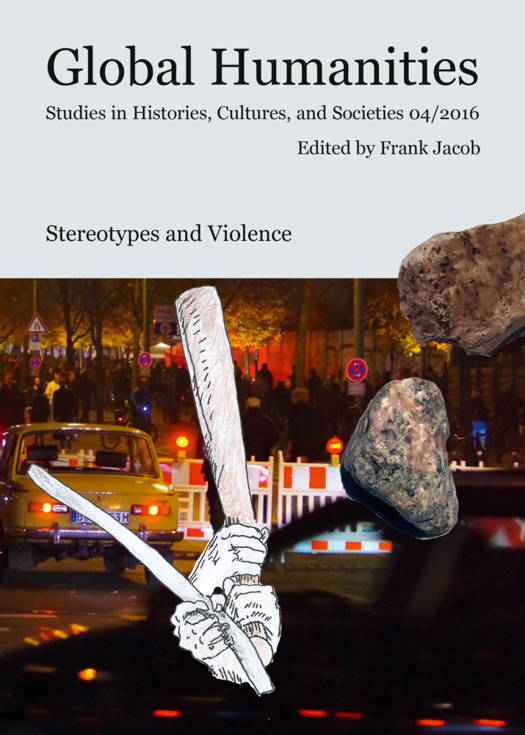
- Afhalen na 1 uur in een winkel met voorraad
- Gratis thuislevering in België vanaf € 30
- Ruim aanbod met 7 miljoen producten
- Afhalen na 1 uur in een winkel met voorraad
- Gratis thuislevering in België vanaf € 30
- Ruim aanbod met 7 miljoen producten
Zoeken
Omschrijving
Stereotypes are dangerous, especially when they are used by demagogues. Slogans, which remind the historian of "darker times" in human history, however, reappear again in a growing number. As companions of the rise of right wing forces in Europe they make up ground in more and more regions and gain momentum in the political debate. It consequently seems to be more than important to focus on and closer analyze the interrelationship between stereotypes and violence in modern societies. The fourth volume of "Global Humanities" is trying to achieve such a broader analysis and will provide reading in the fields of history, political science, gender and media studies. The authors are going to show and emphasize in which ways the two above named factors are interacting with each other and influencing the popular opinion in modern nation states. Topics that will be covered include Anti-Italian riots in Zurich at the end of the 19th century, a discussion of the interrelationship of racism in violence in Germany since the 1980s, and an analysis of gender based violence in Serbia. In addition, the persistence of stereotypes in entertainment will be closely studied by taking a look on Sinti and Roma depictions in current European films.
Specificaties
Betrokkenen
- Auteur(s):
- Uitgeverij:
Inhoud
- Aantal bladzijden:
- 168
- Taal:
- Engels
- Reeks:
- Reeksnummer:
- nr. 4
Eigenschappen
- Productcode (EAN):
- 9783958081130
- Verschijningsdatum:
- 1/05/2017
- Uitvoering:
- Paperback
- Formaat:
- Trade paperback (VS)
- Afmetingen:
- 152 mm x 229 mm
- Gewicht:
- 254 g

Alleen bij Standaard Boekhandel
+ 31 punten op je klantenkaart van Standaard Boekhandel
Beoordelingen
We publiceren alleen reviews die voldoen aan de voorwaarden voor reviews. Bekijk onze voorwaarden voor reviews.











